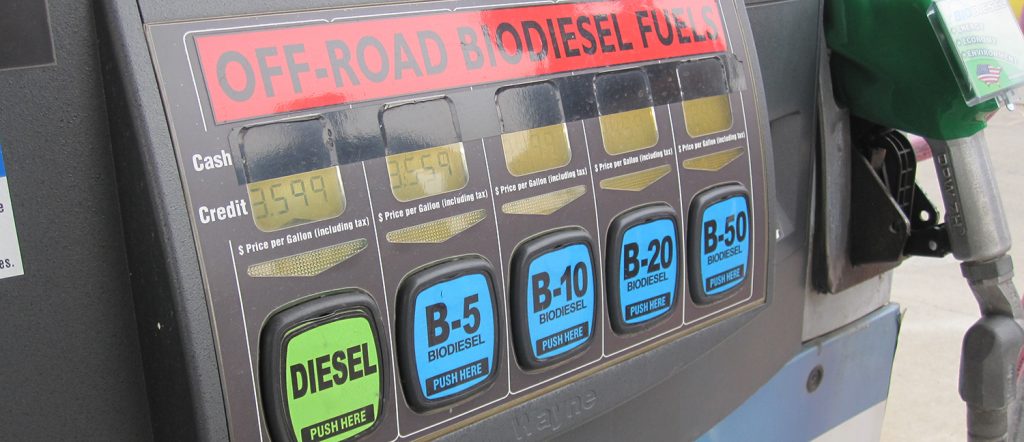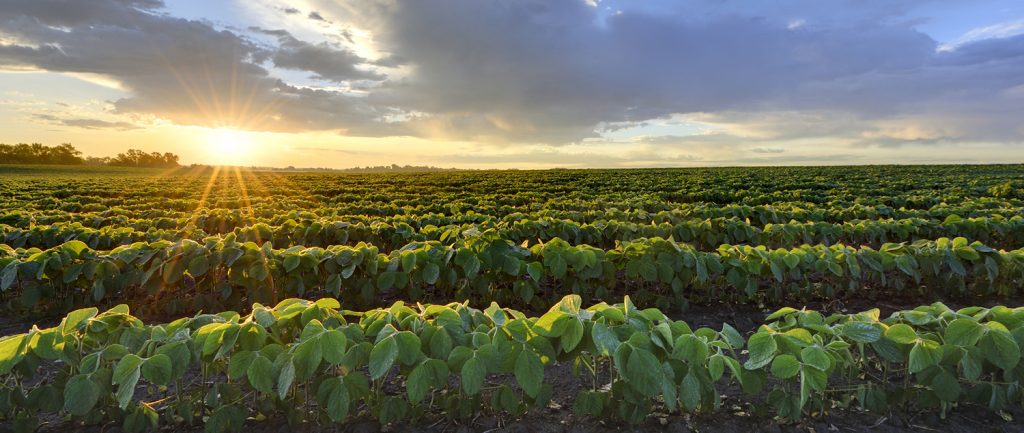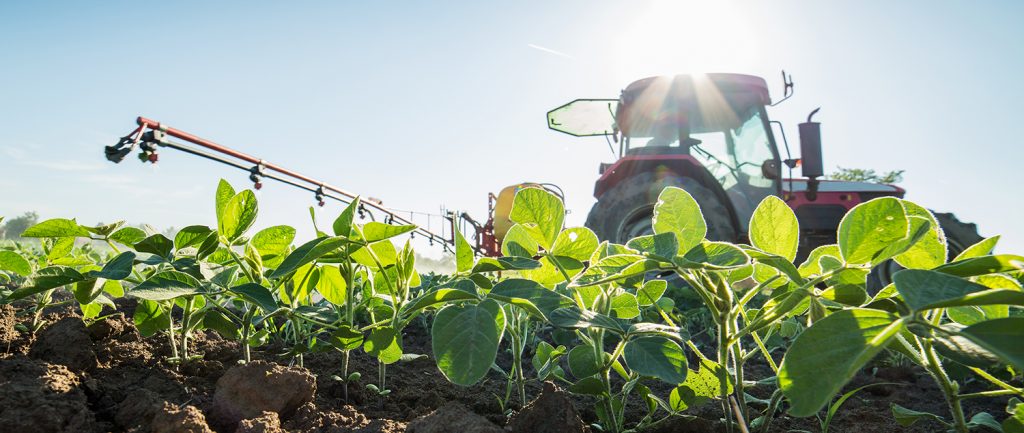In late April, the American Soybean Association submitted comprehensive comments to USDA regarding the department’s climate-smart ag strategy, as called for in President Biden’s Executive Order on Tackling the Climate Crisis at Home and Abroad. The comments address USDA’s existing conservation programs, emerging carbon markets, biotechnology, crop protection, precision agriculture, biobased products, biodiesel and more.
In the comments, ASA emphasizes that American soybean growers have long been committed to producing the world’s food, feed, fuel, and thousands of other bioproducts in a sustainable and climate-smart way, and also highlights the industry’s ambitious conservation and sustainability goals. ASA also included an outline of five guiding sustainability policy principles, along with a variety of opportunities and strategies to help U.S. agriculture take the lead in conserving our nation’s lands and waters.
USDA received more than 2,700 comments on this topic, and ASA leaders appreciate the opportunity to weigh in on such an important issue. ASA’s Board of Directors and state grower-leaders provided extensive input throughout the drafting process, and ASA staff coordinated with outside stakeholder groups including those working on biodiesel, biotechnology, crop protection, ag tech, and ecosystem markets policy to ensure a thoughtful, consistent approach to creating a climate-smart future.
In addition, ASA led a broad group of stakeholders, including growers, landscapers, retailers, manufacturers, distributors, crop consultants and applicators on pesticide comments in regard to the President’s executive order. In the comments, the groups urged USDA to pursue common-sense, risk-based policy improvements to pesticide policy, grounded in sound science, to further improve the potential these tools have as part of the solution to address climate change. ASA and others urged USDA to continue working with EPA and other relevant state and federal agencies to maintain a predictable, timely, science and risk-based regulatory system for these tools to ensure users have access to safe, effective products and guidance for their use.
ASA, along with other farmers, ranchers, agricultural retailers, cooperatives, researchers, scientists, seed producers, and technology developers also provided input on ways that agriculture can deliver climate-smart benefits beyond its current high standard with increased support of biotechnology.
The groups urged USDA to maintain trade normalization efforts with USTR and international partners; invest in research and development of new technologies; work proactively with EPA and the FDA; and continue communicating the environmental benefits of biotechnology use.
“We believe in science and evidence-based solutions. We must acknowledge that scientific innovations, such as agricultural biotechnology, have resulted in environmental and societal benefits and must continue to be a part of the comprehensive strategy on climate change and U.S. agriculture,” the groups state in the comments.
ASA looks forward to working with USDA, its partner agencies, and other relevant stakeholders to enact policies that will tackle the climate crisis in an effective and durable manner.





